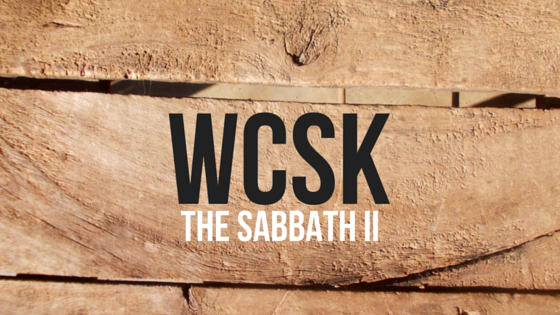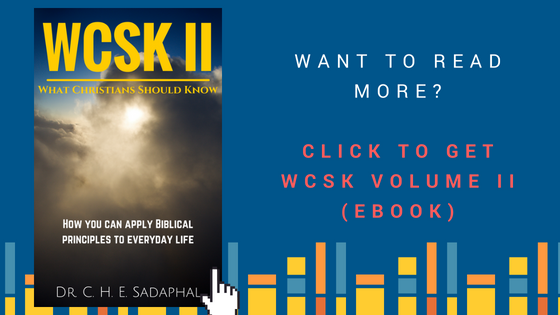Picking up from last week…
Sabbath as Resistance
The Sabbath was instituted as a formal national command to Israel after God freed the Israelites from Egyptian bondage. While the Jews were in Egypt, they lived amidst a culture that was oppressive, had no regard for life, and was not concerned with communal wellbeing. The Egyptian ethos, in fact, was dedicated to profit and production, and the destruction of human life was an acceptable consequence to anything that threatened the economic system. Consider what the Bible tells us about what that Egyptian system looked like in Exodus 1:9-14:
“[Pharaoh] said to his people, “Behold, the people of the sons of Israel are more and mightier than we. Come, let us deal wisely with them, or else they will multiply and in the event of war, they will also join themselves to those who hate us, and fight against us and depart from the land.” So they appointed taskmasters over them to afflict them with hard labor. And they built for Pharaoh storage cities, Pithom and Ramses. But the more they afflicted them, the more they multiplied and the more they spread out, so that they were in dread of the sons of Israel. The Egyptians compelled the sons of Israel to labor rigorously; and they made their lives bitter with hard labor in mortar and bricks and at all kinds of labor in the field, all their labors which they rigorously imposed on them.”
These verses tell us that Egyptian culture was inherently competitive, and anything that threatened national interest—even if speculative—required swift and destructive counter-measures. This ideology sacrificed people for the sake of fabrication. This way of thinking is also evident when Pharaoh orders that all firstborn Hebrew males be killed as soon as they were born because they were viewed as a threat due to their numbers and might.[1]
The point I am trying to make is that God liberated His people from this tyrannical system and then gave Israel a new set of commandments (Exodus 20:1-26) on their way to the Promised Land. The Sabbath was a part of these new rules, which stood in direct contrast to the life-destroying ways of Egypt. God even prefaces the commandments that He gives by saying, “I am the Lord your God, who brought you out of the land of Egypt, out of the house of slavery” (Exodus 20:2). In other words, God was basically telling His people, “Hey, I am the one who set you free, so I am in the business of liberation. Now, let Me tell you My life-giving rules.” The Sabbath was thus a part of a blueprint that not only prescribed how to live God’s commandments but also made the people aware of the pervasive forces of the world that seek to thwart God’s purposes.
Accordingly, in Sabbath as Resistance, the authors elucidate observation of the Sabbath as both the acknowledgement of an alternative consciousness (as already discussed) and an act of resistance. This resistance is not an armed insurgency but rather a purposeful, deliberate, and visible insistence that the seductive ethos of consumerism—characterized by competition, consumption, privatization, and perfection—is not what we ultimately worship.
Indeed, the ideology of insatiable consumption invades every aspect of our lives, so not only does celebration of the Sabbath involve tremendous effort on the part of the individual, but a sincere effort amongst a community of believers as well. In turn, this alternative consciousness leads us to neighborliness, cooperation, communal well-being, and fallibility. This leads to resistance against four aspects of consumer culture, all of which have a chapter devoted to them in Sabbath as Resistance.
Resistance to Anxiety.[2] As the authors write:
“Sabbath-keeping is a way of making a statement of peculiar identity amid a large public identity, of maintaining and enacting a counter-identity that refuses “mainstream” identity, which itself entails anti-human practice and the worship of anti-human gods. Understood this way, Sabbath is a bodily act of testimony to alternative and resistance to pervading values and the assumptions behind those values.”[3]
Anxiety is the fear of the future. Restless anxiety results when we are preoccupied with having enough or producing enough or concerned that…
Dr. C. H. E. Sadaphal
[1] See Exodus 1:8-16
[2] See Exodus 20:12-17
[3] Walter Brueggemann, et al., Sabbath as Resistance (Louisville, KY: Westminster John Know Press, 2014), 21.
[4] Brueggemann, Sabbath, 28.
[5] See Deuteronomy 5:12-14
[6] See Deuteronomy 6:12, 7:18, 8:14, 18, 16:3, 12, 24:18, 22
[7] Brueggemann, Sabbath, 45.
[8] See Isaiah 56:3-8
[9] See Amos 8:4-8
[10] Walter Brueggemann, et al., An Other Kingdom (Hoboken, NJ: John Wiley & Sons, 2016), 64.

